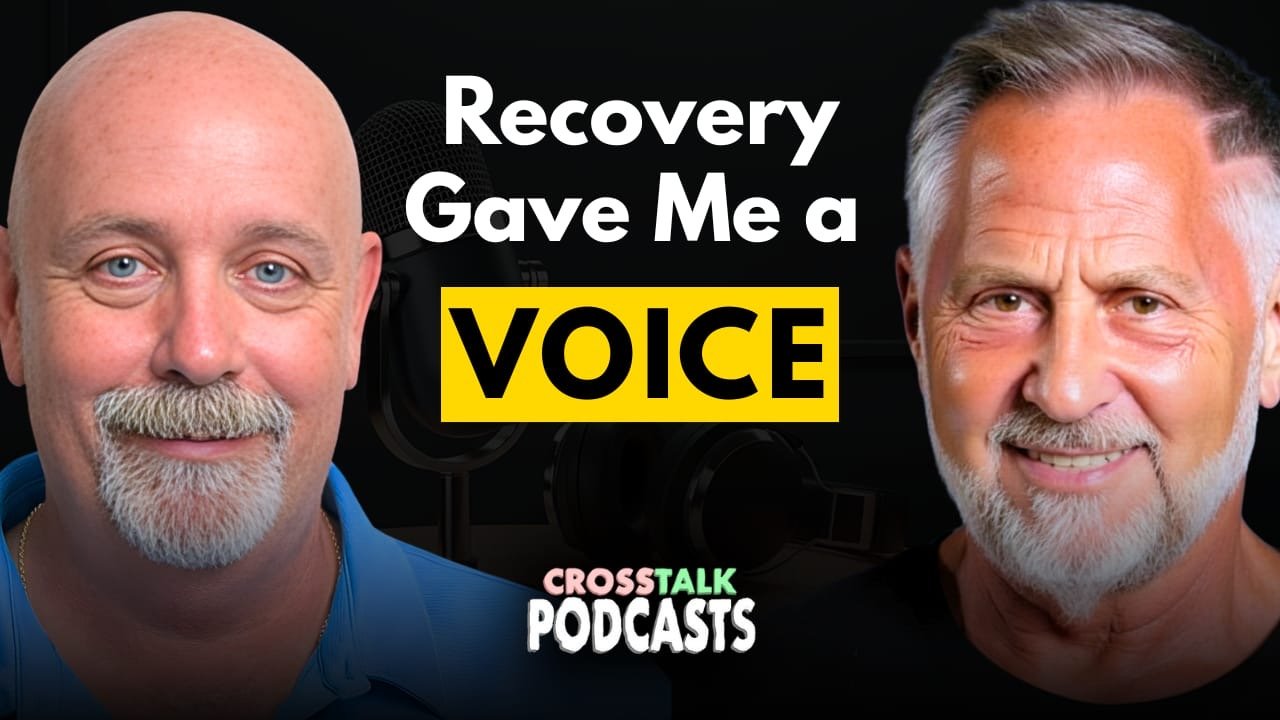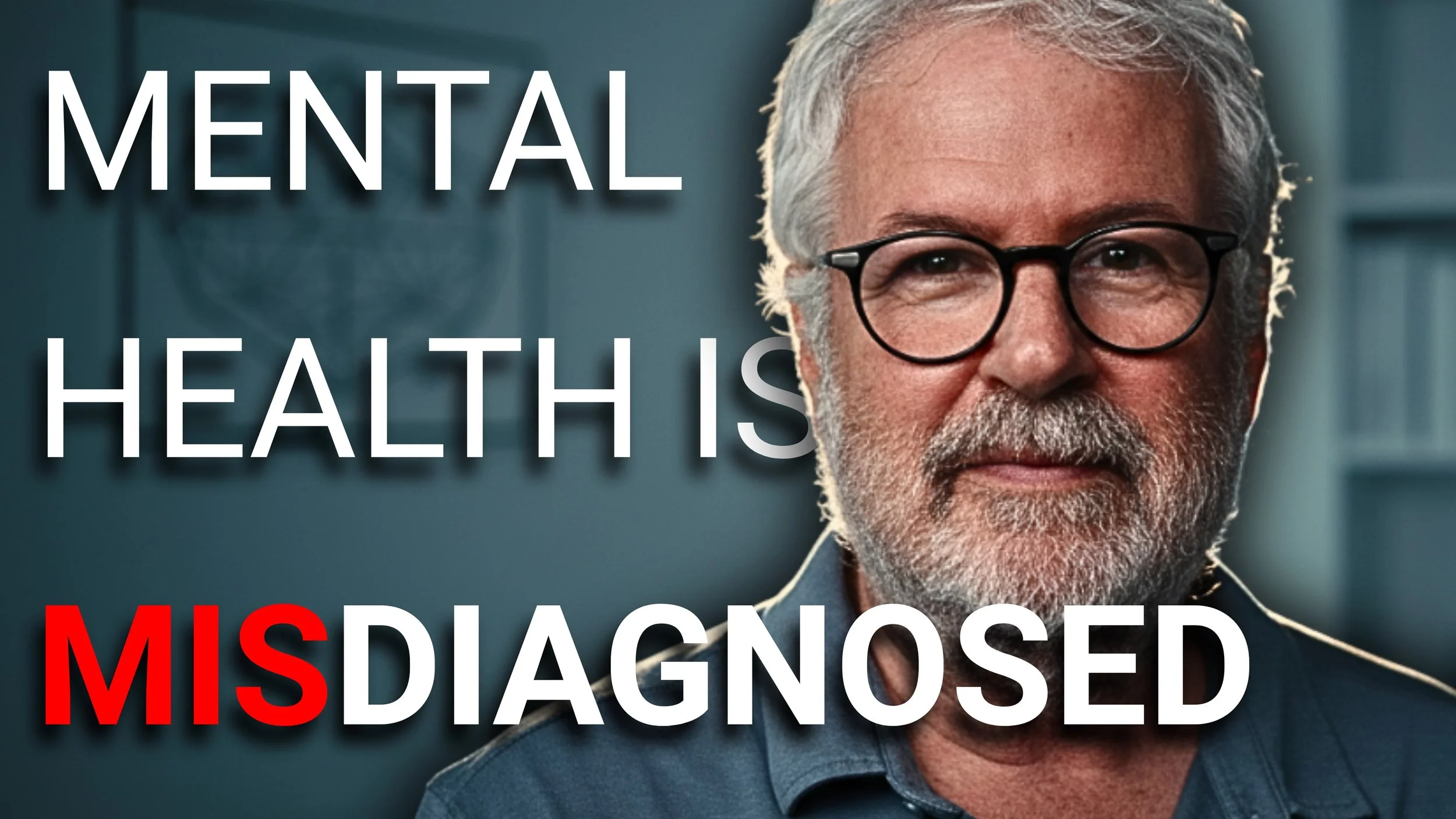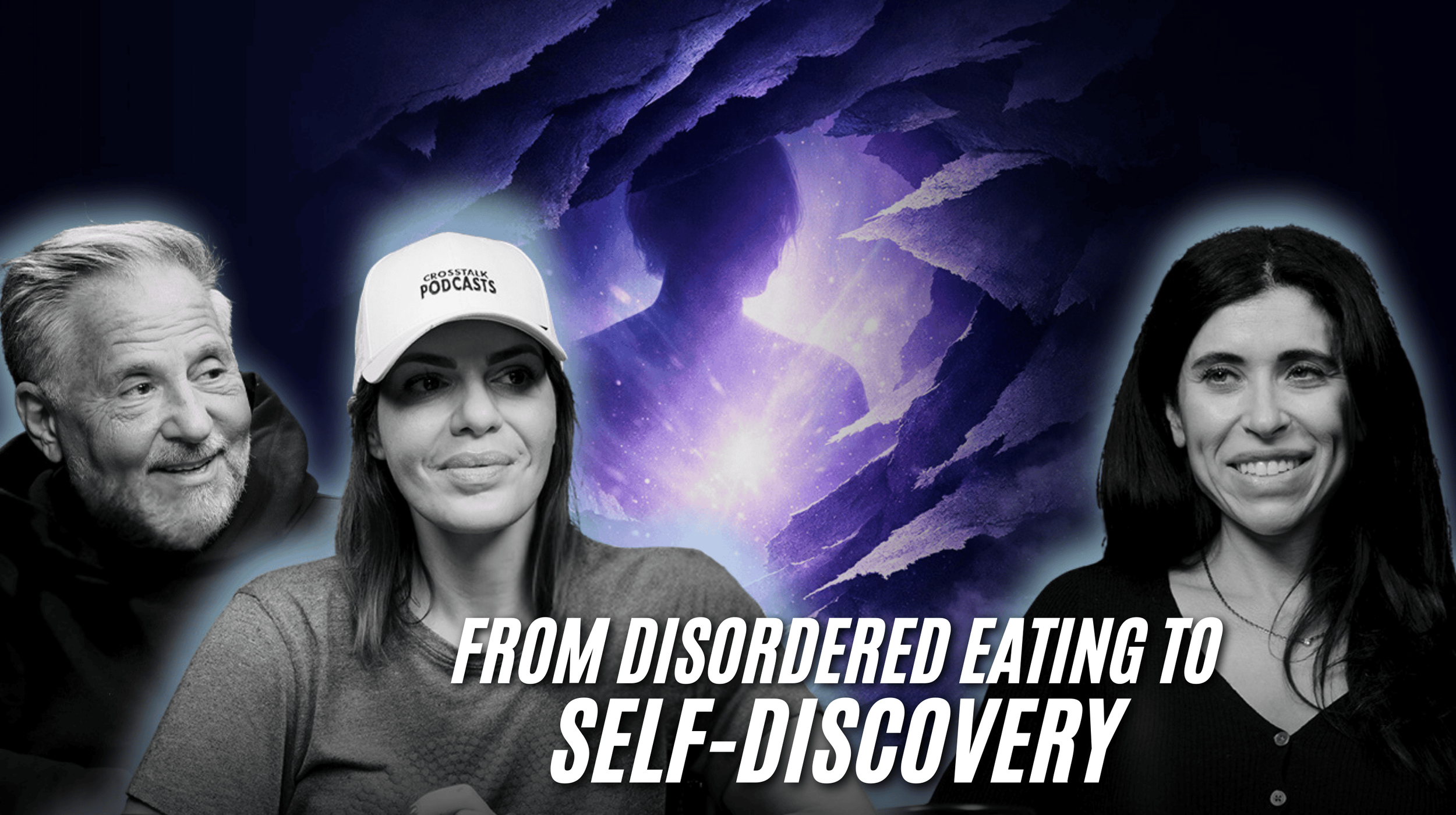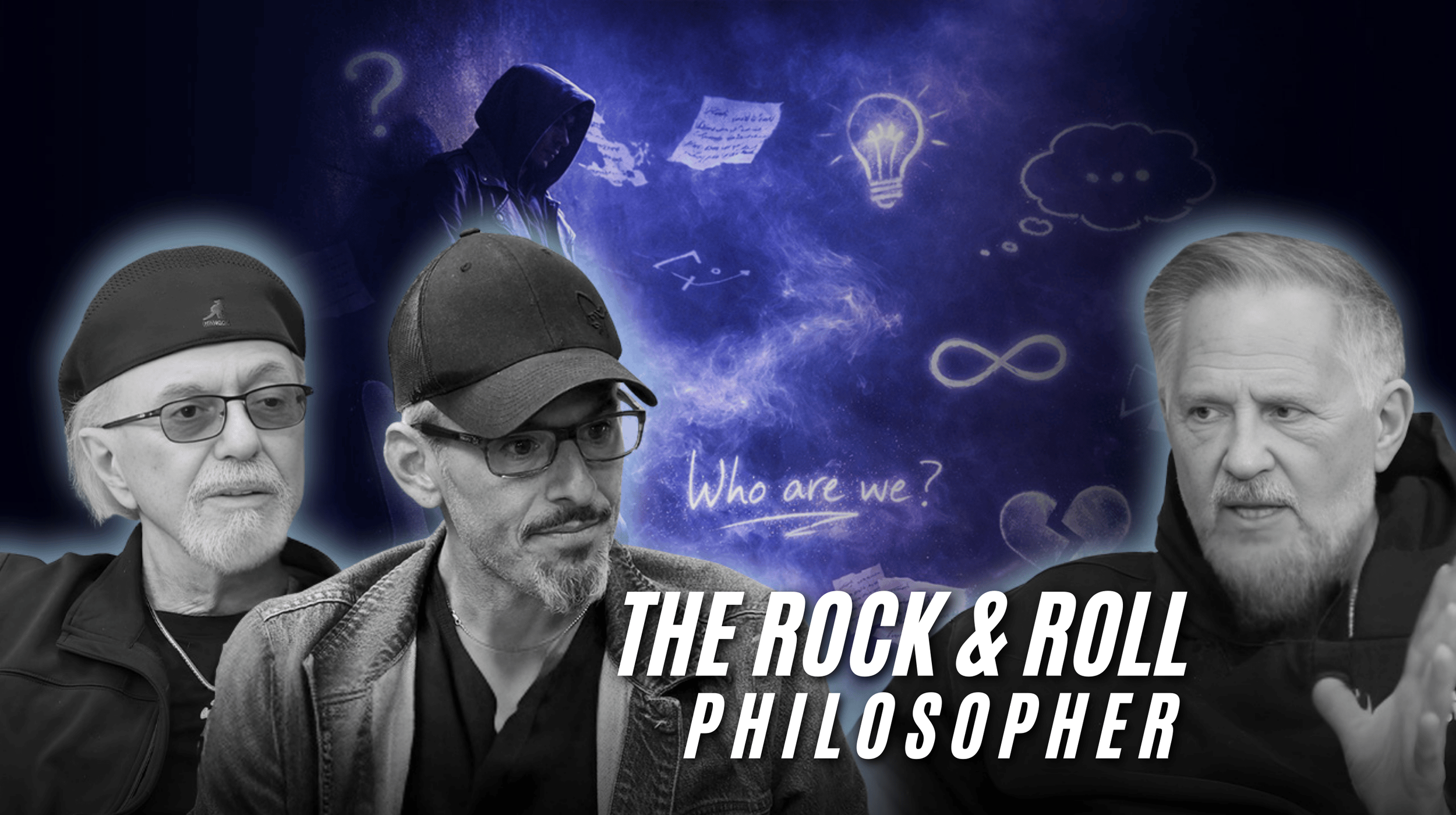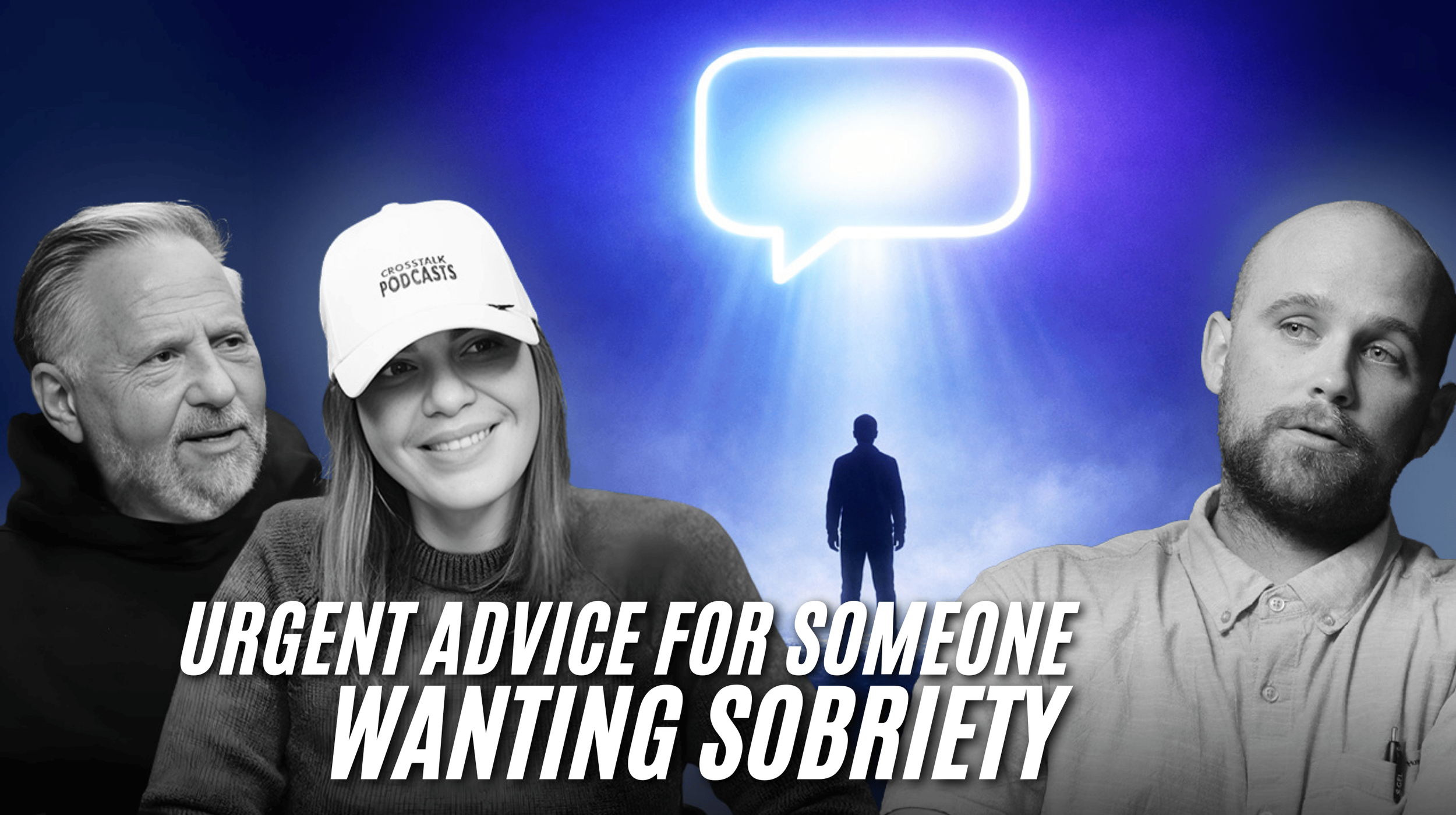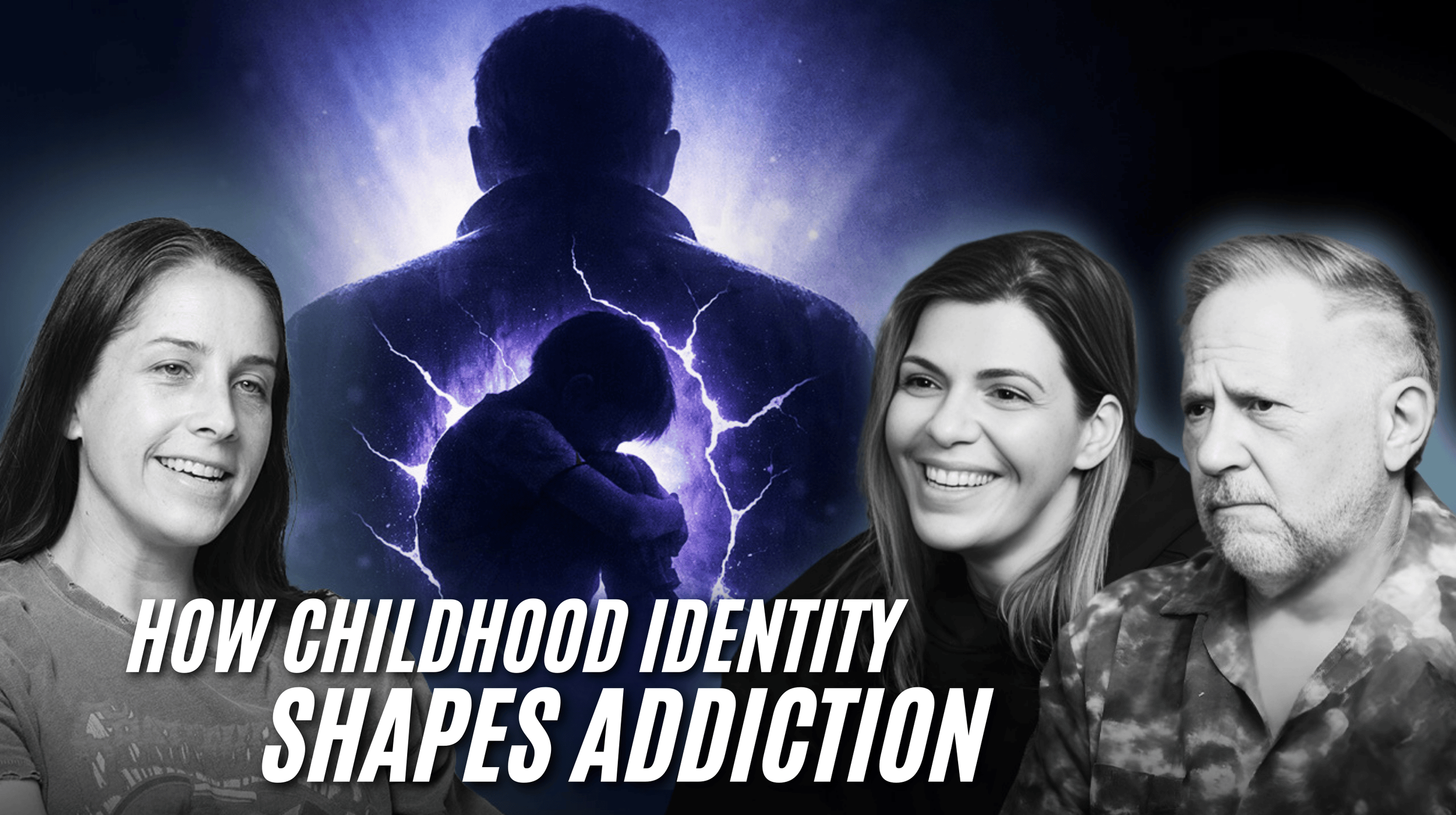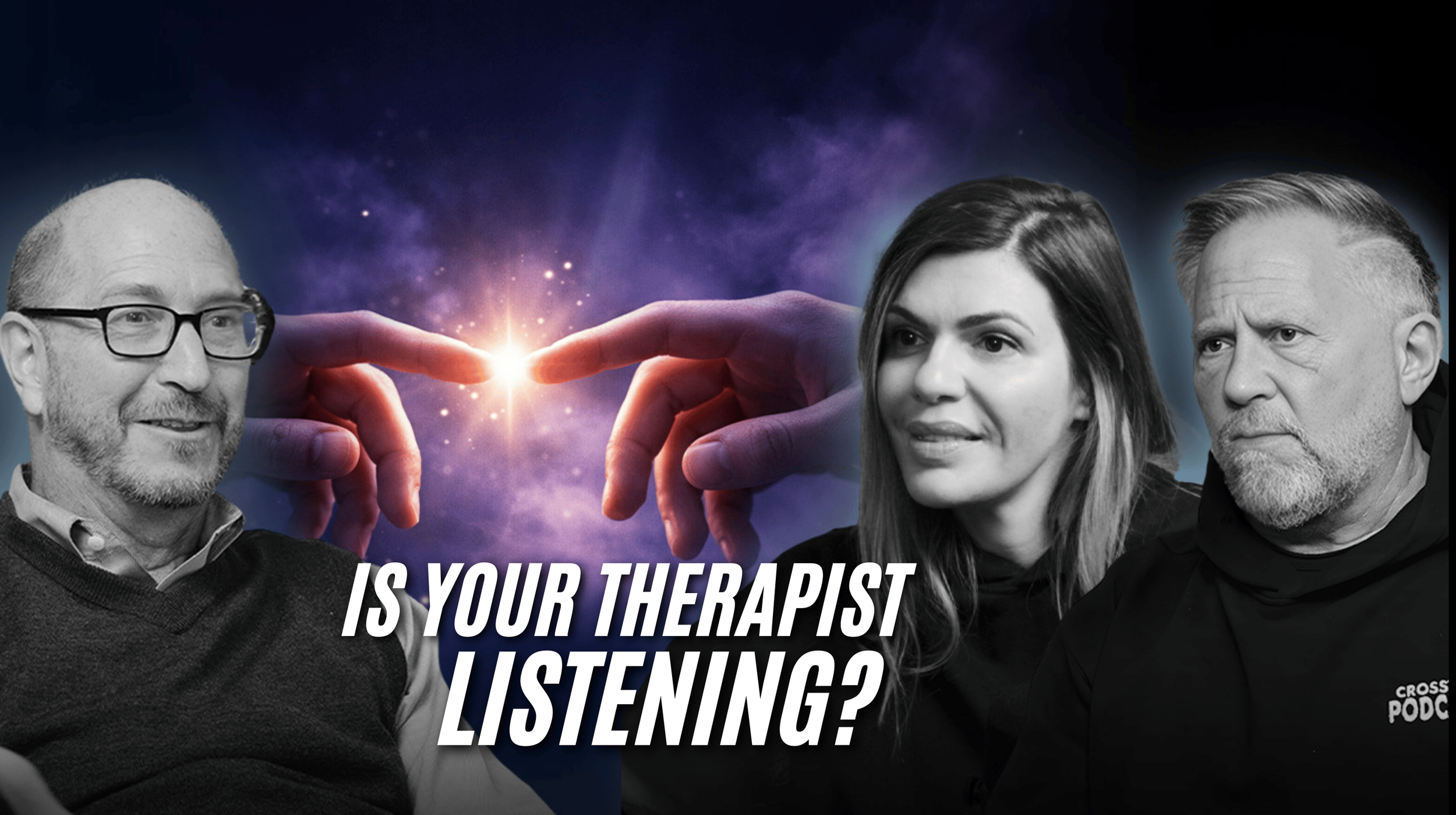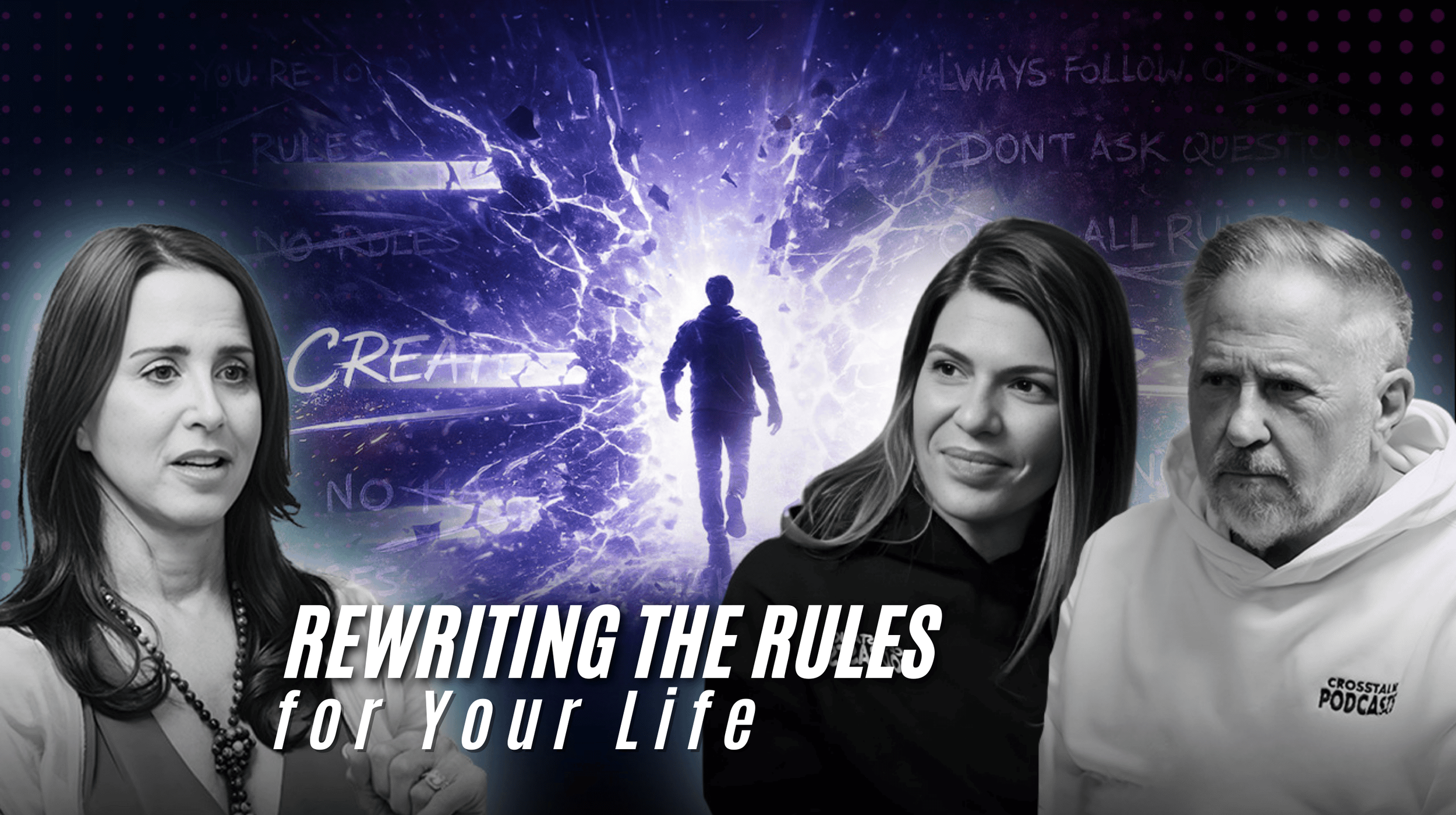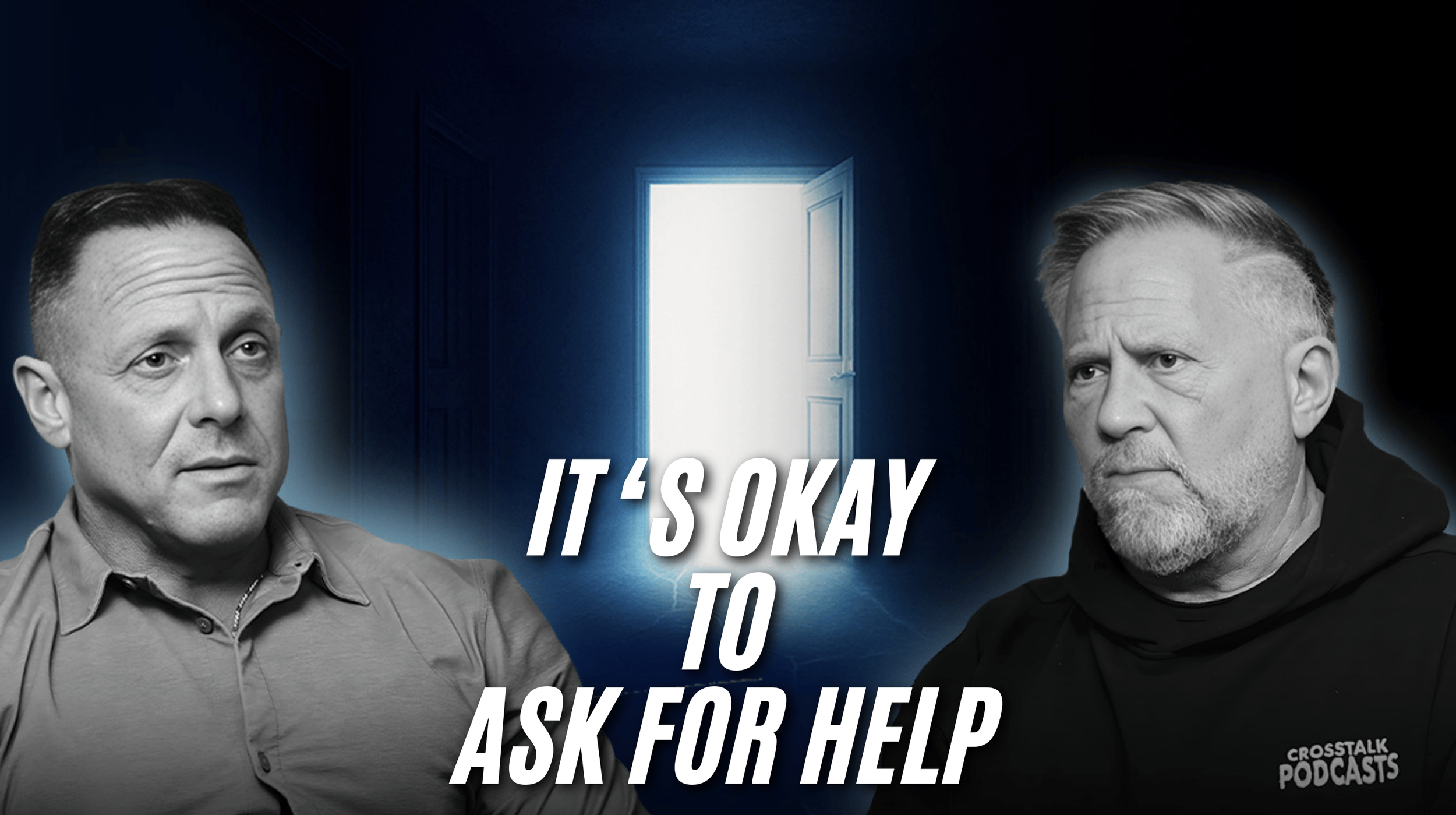What is Narcissistic Abuse? | How to Reclaim Your Life
Listen or watch on your favorite platforms
Show Notes
In this episode, we sit down with Adriana, a narcissistic abuse recovery coach who opens up about her personal journey through emotional trauma and her path to healing. Growing up under the influence of a narcissistic parent, Adriana faced years of emotional manipulation that led her to seek unhealthy coping mechanisms. Her story unfolds with raw honesty, detailing the emotional and physical toll of narcissistic abuse, her lowest moments, and the profound changes that led her to a life of empowerment and purpose.
What Things Looked Like Growing Up
Adriana's childhood was marred by complex emotions, mainly stemming from her mother’s narcissistic behaviors. She often felt invisible and undeserving of love, struggling to make sense of her mother's mood swings. Adriana recalls pivotal moments that defined her youth—feeling powerless and stuck in a cycle of seeking validation that never came. "I was always walking on eggshells, trying to avoid her wrath," she recalls, painting a vivid picture of an upbringing clouded by emotional turmoil and unmet needs..
First Time Engaging in Behavioral Addiction
Adriana’s need to escape the emotional abuse she endured at home led her down a path of unhealthy coping mechanisms. She began engaging in self-harm and obsessive behaviors as a means to regain some semblance of control over her life. "It started as small, hidden acts—anything to feel like I had power over something, anything," she explains. This initial foray into destructive behaviors set the stage for a life struggling against internal demons
Active Behavioral Addiction
At her lowest, Adriana’s life was a series of destructive patterns. She was trapped in toxic relationships, each mirroring the narcissistic abuse she had experienced at home. Adriana describes how her self-worth plummeted as she continually sought out the very people who would treat her poorly, feeling stuck in a vicious cycle of hurt and betrayal. "I was constantly trying to fix others to avoid fixing myself," she shares, highlighting the emotional and psychological toll that these patterns took on her. Her friendships and romantic relationships were strained, and she often felt isolated, unworthy, and consumed by shame.
Hitting Bottom
The breaking point came when Adriana found herself physically and emotionally drained, facing chronic pain that no doctor could explain. "It was like my body was screaming at me to stop, to finally deal with the years of hurt I had buried," she says. In her darkest moments, Adriana realized that the pain she was experiencing was not just physical but deeply tied to her repressed emotions and trauma. Feeling completely alone and at the end of her rope, she knew it was time to make a change, to confront the past she had tried so hard to forget.
Getting Help
Adriana’s journey to recovery began with radical acceptance. She joined a support group for survivors of narcissistic abuse and started seeing a coach who specialized in helping people like her reclaim their lives. "Learning to accept that my mother would never change was both heartbreaking and liberating," she confesses. She began to focus on her own healing, practicing boundary-setting and emotional processing. For Adriana, the hardest part was forgiving herself for staying in toxic situations for so long. She dove deep into her emotions, feeling the grief of her lost childhood and the anger at her mother’s betrayal. Slowly, she began to rebuild her self-worth, embracing new routines that prioritized her mental and physical well-being.
What Things Look Like Today
Today, Adriana has turned her pain into power, becoming a narcissistic abuse recovery coach. She helps others navigate the treacherous waters of emotional abuse, offering them the support she wished she had years ago. "There’s nothing more fulfilling than seeing someone take back control of their life," she says with a smile. Adriana’s days are now filled with purpose, joy, and a sense of freedom she never thought possible. She has established healthy relationships, and her life is now a testament to the resilience of the human spirit. Adriana’s story reminds us all that no matter how deep the scars, healing is possible. Her journey inspires countless others to believe that they, too, can find peace, happiness, and a fulfilling life beyond their trauma.
FAQs
What is narcissistic abuse?
Narcissistic abuse involves emotional and psychological manipulation by someone with narcissistic tendencies, often leaving the victim feeling confused, hurt, and powerless.
How can repressed emotions affect physical health?
Repressed emotions can manifest as chronic pain, mystery illnesses, and other physical symptoms due to the body’s stress response.
What is radical acceptance, and why is it important in recovery?
Radical acceptance means fully acknowledging the reality of your situation, which is crucial in moving forward and starting the healing process.
Can therapy help with recovery from narcissistic abuse?
Yes, therapy can provide essential tools and support, though it's important to find a therapist who understands the dynamics of narcissistic abuse.
What steps can I take to start my own healing journey?
Begin by setting boundaries, seeking support, processing your emotions, and practicing self-compassion as you rebuild your self-worth.
Related episodes
ABOUT CROSSTALK
CROSSTALK reveals real stories of everyday people and notable figures, sharing their journeys from struggles to life-changing 'aha' moments with all kinds .












